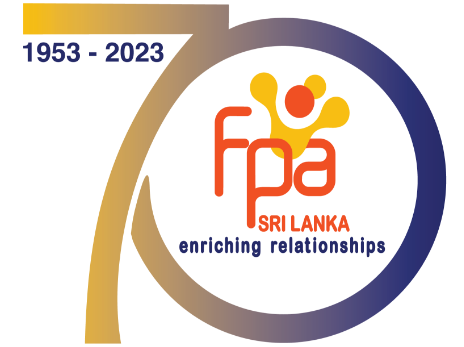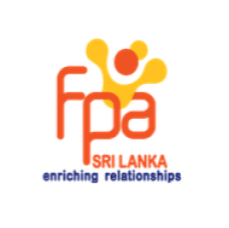High Risk Pregnancy

All women hope for an uneventful pregnancy and an easy delivery, but this may not always be the case. While it can be concerning to hear your doctor state that your pregnancy is high risk, this does not necessarily mean that your pregnancy will be more difficult or challenging than a low-risk pregnancy. Some pregnancies can become high risk as they progress, whilst some women may have pre-existing factors, as discussed below, that already make their pregnancy high-risk.
In a high-risk pregnancy, a woman and her unborn baby may face a higher-than-normal chance of experiencing problems, which can affect the life and health of both the mother and baby. Therefore, all high-risk pregnancies will have to undergo closer and more frequent monitoring than someone with a low-risk pregnancy. It is also important to note that having one high-risk pregnancy does not mean that all your future pregnancies will be deemed high risk as well.
A pregnancy can be high risk if the woman is:
- 19 years or younger or is 35 years or older
- was underweight or overweight before becoming pregnant
- is pregnant with multiple babies/fetuses (twins or triplets)
- a smoker, takes illegal drugs or drink alcohol while pregnant
- has cancer, COVID19, high blood pressure or diabetes
- heart, kidney, thyroid, infectious, neurological or psychiatric disease
- had problems with a previous pregnancy, including miscarriages, stillbirth, premature labor, a large or very small for age baby, or having a previous child with a genetic problem or birth defects
- previous emergency caesareans, bleeding or high blood pressure in any of her previous pregnancies
- a person with fibroids, surgery for fibroids or any surgery in the womb
- a person who has done an organ transplant
- has blood clotting disorders
- a person with HIV/AIDS or any other STD
- RH negative mothers
- previous infertility
- 5th or more pregnancy
- social problems such as single mothers
A baby can be at risk if:
- the mother has genetic or inherited diseases
- the baby has birth defects such as heart defects
- it has chromosome problems such as down syndrome
- there are growth restrictions and anemia (low hemoglobin) in the baby
- the baby is in an abnormal position (Example: Breech) later on in pregnancy
Danger Signs
Whether or not your pregnancy is considered high risk, if you have the following symptoms, you must speak to a doctor:
- Abdominal pain.
- Chest pain or heart palpitations
- Difficulty breathing
- Dizziness, fainting or extreme fatigue.
- Headache that won’t go away or gets worse.
- Problems with your vision
- Pain in the right upper side of your abdomen
- Nausea and vomiting that’s worse than morning sickness.
- Swelling, redness or pain in your face or limbs.
- Vaginal bleeding or discharge.
- Fever over 100.4°F.
- The baby’s movement stopping or slowing.
- Thoughts about harming yourself or the baby.
- Fits
Management
Getting early and thorough antenatal care is important as it’s the best way to detect and diagnose a high-risk pregnancy. It is advised to tell your doctor your entire medical history and information about your past pregnancies. You doctor may need to do further tests based on your risk factors.
You may have to have consultations with other medical specialists, monitor your blood pressure at home and carefully monitor medications taken to manage any pre-existing conditions.
Your obstetrician may discuss the timing and mode of your delivery as certain risk factors may predispose towards an early delivery or a caesarean section birth.
Prevention
To prevent high risk pregnancies, it is advised to plan pregnancies between the age of 19 and 34, avoid drugs, alcohol and smoking, eat a healthy diet and maintain a healthy body weight, manage any pre-existing health conditions and make sure medication necessary for the same is safe to take during pregnancy. Protect yourself from infections by speaking to your obstetrician about necessary vaccinations. It is important that any pregnant woman (both high risk and low risk) are aware of the danger signs and seek appropriate help if they are unwell. Finally keep your doctor informed about your medical history and see him/ her early and throughout your pregnancy.
References
Ref Maternal Care Package : A guide to Field Healthcare Workers
.png)



